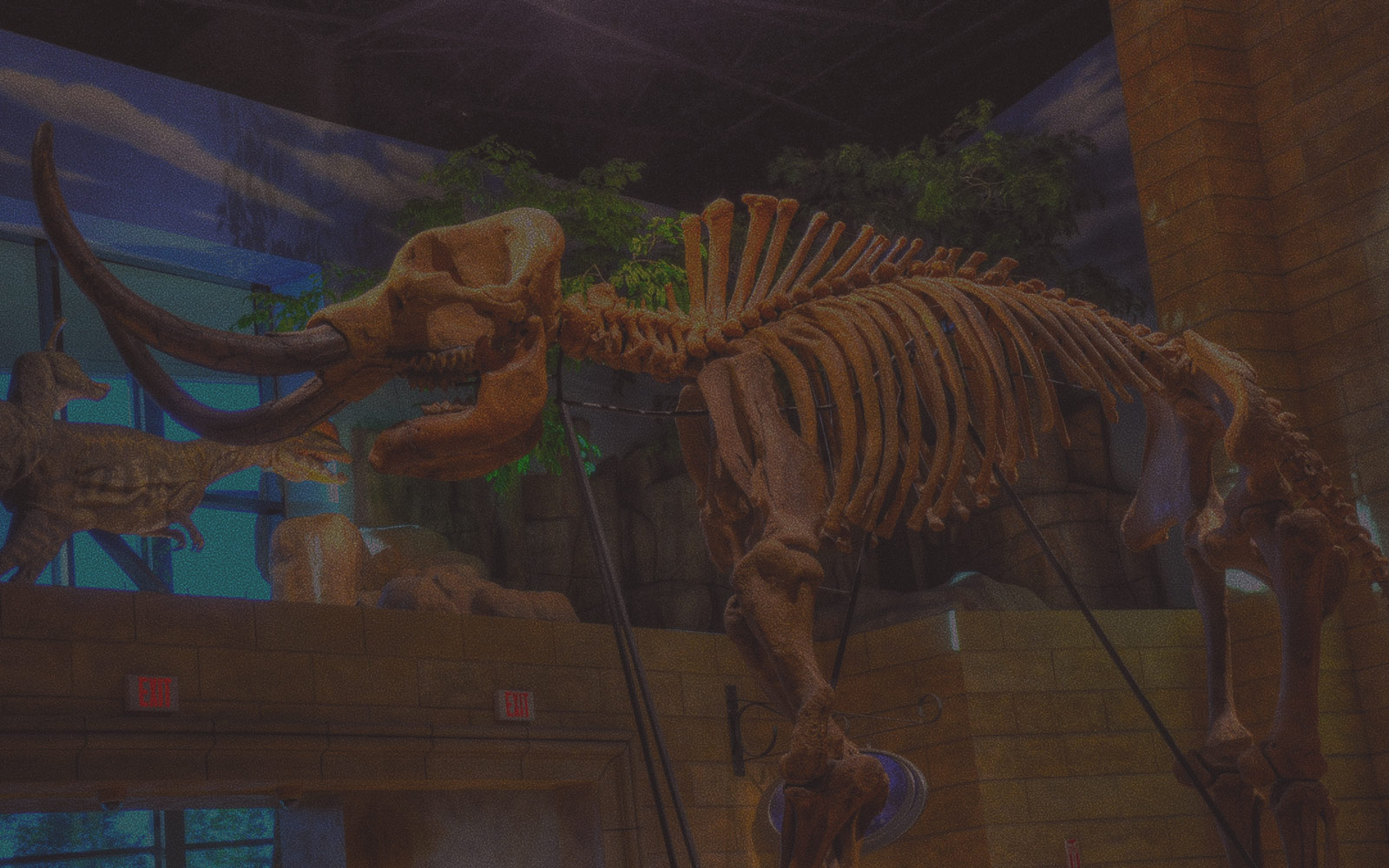Giordano Bruno (
/dʒɔːrˈdɑːnoʊ ˈbruːnoʊ/; Italian:
[dʒorˈdaːno ˈbruːno];
Latin:
Iordanus Brunus Nolanus; born
Filippo Bruno, January or February 1548 – 17 February 1600) was an
Italian Dominican friar,
philosopher,
mathematician,
poet,
cosmological theorist, and
Hermetic occultist.
[4] He is known for his cosmological theories, which conceptually extended the then novel
Copernican model. He proposed that the stars were distant suns surrounded by their own
planets, and he raised the possibility that these planets might foster life of their own, a cosmological position known as
cosmic pluralism. He also insisted that the universe is
infinite and could have no "center".
Starting in 1593, Bruno was tried for
heresy by the
Roman Inquisition on charges of denial of several core Catholic doctrines, including
eternal damnation, the
Trinity, the
divinity of Christ, the
virginity of Mary, and
transubstantiation. Bruno's
pantheism was not taken lightly by the church,
[5] nor was his teaching of the
transmigration of the soul (
reincarnation). The Inquisition found him guilty, and he was
burned at the stake in Rome's
Campo de' Fiori in 1600. After his death, he gained considerable fame, being particularly celebrated by 19th- and early 20th-century commentators who regarded him as a martyr for science, although most historians agree that his heresy trial was not a response to his cosmological views but rather a response to his religious and
afterlife views.
[6][7][8][9][10] However some historians
[11] do contend that the main reason for Bruno's death was indeed his cosmological views. Bruno's case is still considered a landmark in the history of
free thought and the emerging sciences.
[12][13]



